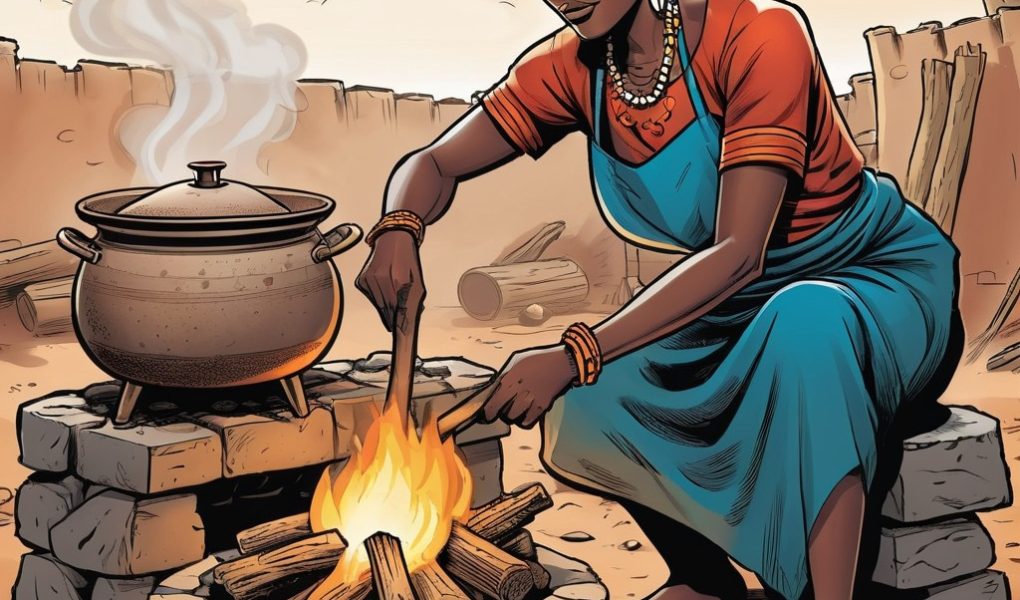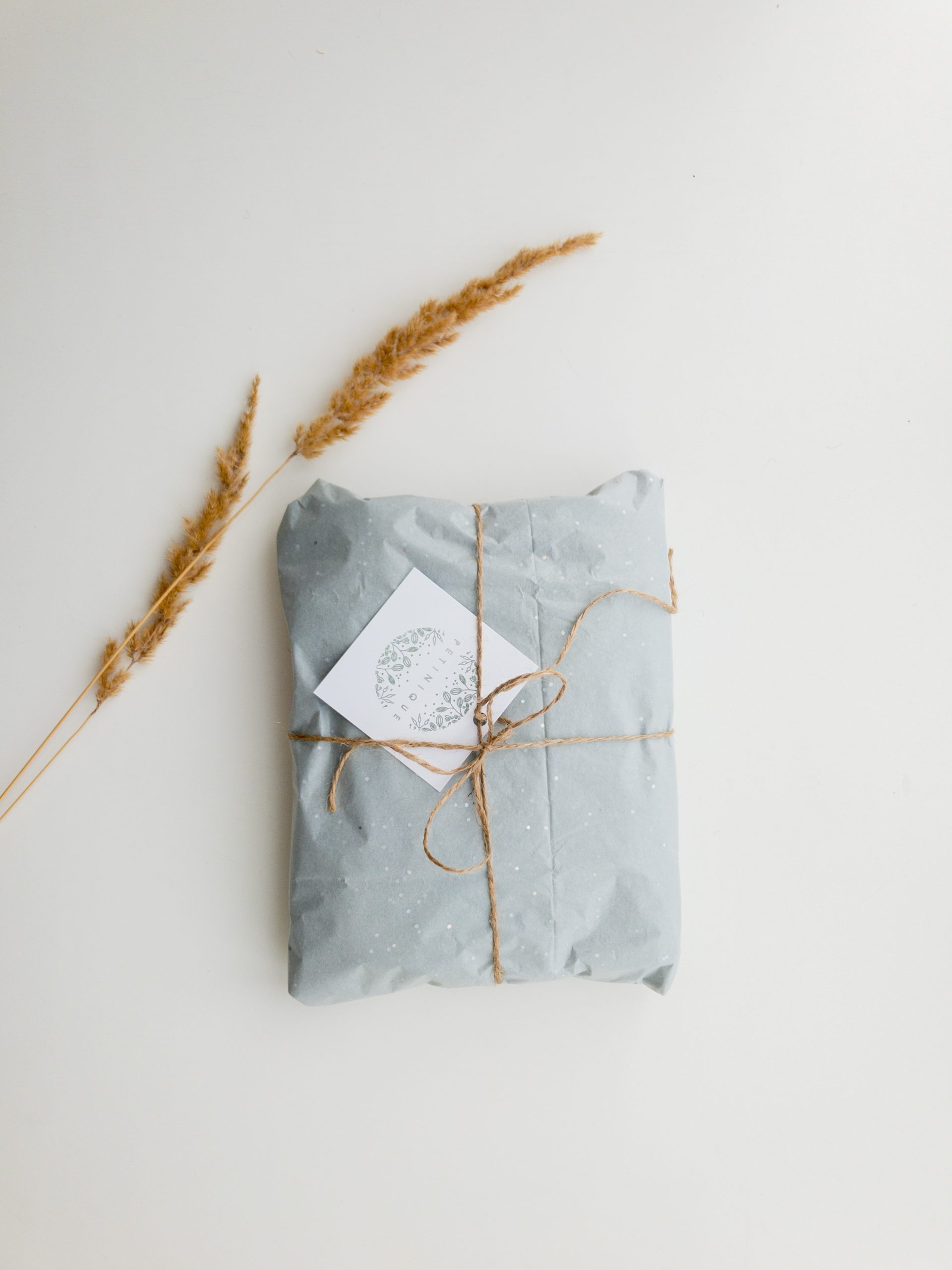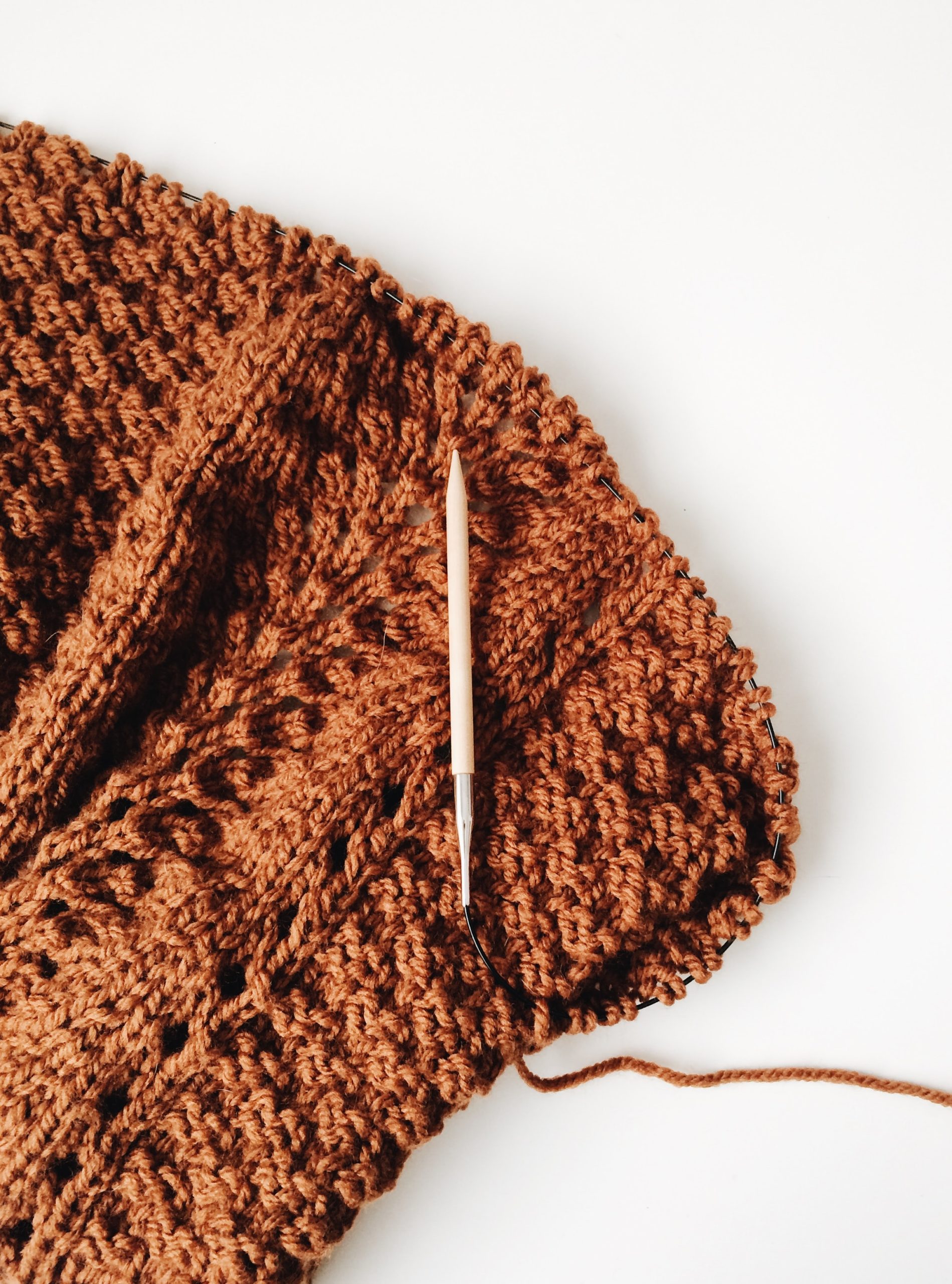People say it’s a festival of joy, a day of celebration. But for me, it was a day of labor, sweat, and resentment. A festival only for men and children.
The morning would start early, too early. The house would already be awake before the sun had fully stretched itself across the sky. We would all go to the masjid, dressed in our best clothes, prayers on our lips, standing shoulder to shoulder. And for a brief moment, it would feel like a day of joy. But the moment we stepped back home, reality would set in.
There was meat to cut, rice to cook, soup to stir, and guests to prepare for. The stress had already begun days before—shopping in overcrowded markets, bargaining with impatient sellers, washing bowls of meat, blending peppers until our eyes burned. And after all that, the real work would begin.
The men? They would find a way to disappear. Off to greet their friends, off to God knows where, while we stayed behind, bending over steaming pots, hands stinging from onion and pepper, feet aching from hours on tiled floors.
By the time they returned, everything was ready. Plates filled, drinks poured, meat carefully arranged. And then we served them. Because of course, they could not serve themselves. And still pack up the plates when they’re done. That was also our job.
Men eat first. Always. They would lounge, laughing loudly, smacking their lips, tearing through the food we had spent the entire morning preparing. Then, the children would eat. And only after, when everyone else was full, when the food had gone cold, when the dishes had piled up in the sink—only then could we eat. But by then, there was no appetite left. Hunger had turned into exhaustion.
No one ever questioned it. It was just the way things were. The way things had always been.
Even as a child, I knew something about it was unfair. I would watch the men walk in, stretching, yawning, calling out, “Where’s my food?” And I would wonder—where is mine? Where is my rest? Where is my celebration? Why do they get to enjoy while we spend the whole day working?
I don’t remember doing anything fun for Eid. Even when they would go for the Durbar (hawan sallah), we didn’t join them. Not once. I remember washing plates until my fingers wrinkled, climbing stairs with heavy trays until my thighs burned, getting cut by knives, getting injured by metal colanders, and burning my hands on hot pots. That is what Eid was for me.
To be a woman is to always be working. And the worst part? No one sees it as work.
Every time this conversation comes up, men say the same thing: “We provide. We work hard to sustain the family. That’s why we deserve to sit and do nothing.”
And every time, someone will counter with: “But women also work now. One income doesn’t sustain a family anymore.”
And while this is a valid point, there’s something unsettling about it. It still feels like we are begging for fairness. Like we are saying, “We also bring money, so we also deserve rest.” But what if we didn’t bring money? Would that mean we deserve to be overworked?
Where’s the empathy? Where’s the care? How can you gladly watch someone slave? How can you sit with your legs crossed, watching TV, while a woman is running around doing twenty things at once?
My problem even started from that useless rhyme we used to sing when we were younger:
“Mummy in the kitchen cooking rice, Daddy in the parlor watching film.”
And we sang it joyfully. We sang our own oppression into our bones. We were taught from childhood that a mother belongs in the kitchen, while a father belongs in comfort. We were conditioned to see suffering as love, servitude as duty.
If your only definition of love is financial provision, then it’s no wonder so many men become useless the moment money is taken off the table. They do not protect us. They do not defend us. Because if they did, the world wouldn’t be as dangerous for women as it is today.
If men were truly the protectors they claim to be, femicide rates wouldn’t be skyrocketing. Women wouldn’t be killed every day by the same men who swore to love them. If men were truly the protectors they claim to be, they wouldn’t let misogynists infiltrate our religious spaces. They wouldn’t have welcomed Andrew Tate, Sneako, and others with open arms. But they did. And they will continue to welcome more men like him—men who preach about our subjugation, men who laugh at our suffering, men who see us as nothing more than bodies to be controlled.
So tell me, what exactly do men bring to the table once you remove money? A lot are not even bringing the money. But that’s a conversation for another day.
Because it’s not protection. It’s not labor. It’s not even love, because love without care is just a lie we tell ourselves.
We need to change the Narrative!
My sisters and I made a decision years ago—we refuse to be part of it. We do nothing for Eid now. We don’t cook, we don’t serve, we don’t stress. We outsource everything. It is our small rebellion, our way of reclaiming something we were never given.
Someone on Twitter once said that outsourcing this labor is not good. That women bond over cooking during festivals and weddings.
And I wonder—why must women bond while suffering? Why must we bond while inhaling the dark black smoke from firewood, while sweating over a pot of rice, while breaking our backs in service of others? Why can’t we bond over spa dates? Over brunch? Over something that does not drain us to the bone?
Why must our happiness always come second?
And for those who hide behind religion, let’s talk about that too.
The Prophet (SAW) helped with household chores. He fixed his own shoes, stitched his own clothes, and treated his wives with kindness. A man who truly follows Islam would never expect to be served like a king while his wife breaks her back.
Islam does not encourage men to sit around and do nothing. It does not say a wife must be a maid. In fact, in strict Islamic rulings, a wife is not even obligated to cook for her husband. It is an act of love, not servitude. And yet, culture has twisted this into an unpaid, lifelong job.
A man providing for his family is not a favor—it is an obligation. And even then, it does not erase the obligation to be a decent human being.
Men will say this is how it has always been. That this is how their mothers did it, how their grandmothers did it.
But just because suffering has been heavily immersed in culture does not mean we must carry it forward.
My sisters and I have made a choice. We refuse to spend another Eid as laborers. We will eat when we want, rest when we want, and celebrate as we want. And maybe one day, the daughters who come after us will never have to know what it feels like to hate a day that was supposed to be joyful.
Until then, we will continue reclaiming our time, our labor, and our joy—piece by piece, Eid by Eid.
Even now, with the burden of labor gone, I still don’t feel excitement for Eid. It’s like my body remembers, like I am still healing from years of servitude. The resentment never fully leaves.
This essay was first published on Ctrl+Alt+Feelings, a Substack newsletter where Amina unpacks identity, womanhood, and the things we don’t say out loud.




